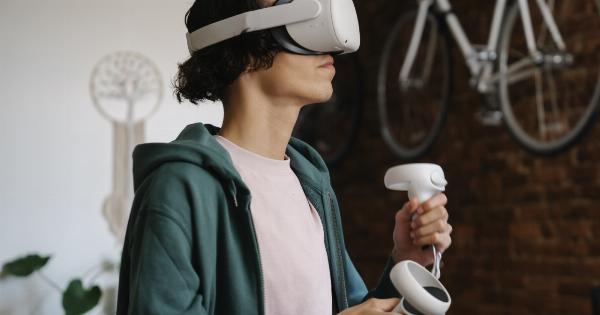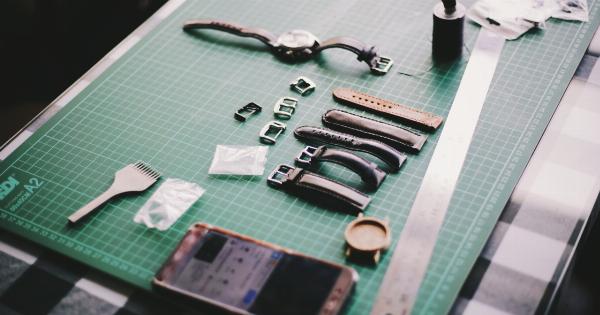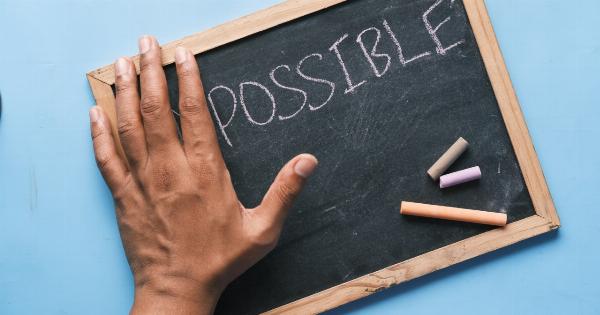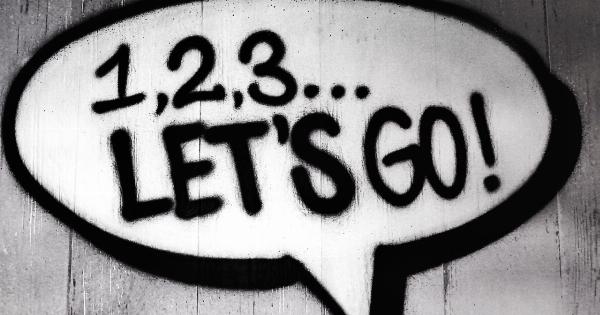When it comes to human interaction, our minds are adept at making quick judgments and forming opinions about people within seconds of meeting them.
These initial impressions are often based on subtle cues like body language, facial expressions, and tone of voice. In this article, we will explore how quickly we form opinions about others, the factors that influence these judgments, and the implications they can have on our relationships and society as a whole.
The Power of First Impressions
First impressions are incredibly powerful, shaping our perceptions of others and influencing our subsequent behavior towards them. Research has shown that people form opinions about others within a mere seven seconds of meeting them.
These initial judgments are made unconsciously, and they are difficult to change once established. Whether it is a job interview, a first date, or a social gathering, first impressions matter and can have long-lasting effects.
The Role of Non-Verbal Communication
Non-verbal cues play a significant role in the speed at which we form opinions about people. Studies suggest that body language alone can communicate up to 60% of our feelings and attitudes.
Our brains are highly attuned to non-verbal signals, such as posture, facial expressions, and gestures. These cues provide valuable information about a person’s emotional state, confidence level, and overall demeanor. Consequently, we tend to make rapid judgments based on this non-verbal communication.
Stereotypes and Preconceived Notions
Unfortunately, our tendency to form quick opinions is often influenced by stereotypes and preconceived notions. Stereotypes are generalizations or assumptions about a particular group of people that may or may not be accurate.
These preconceived notions can lead to biased opinions and unfair judgments. For example, if someone belongs to a certain ethnic or social group, we may subconsciously associate them with specific traits or behaviors without getting to know them as individuals.
Overcoming these biases requires conscious effort and an open mind to challenge our preconceptions.
The Impact of Appearance and Attire
Physical appearance and attire also play a significant role in the rapid formation of opinions.
Research suggests that our appearance influences how others perceive us, often leading to snap judgments based on how we dress, style our hair, or present ourselves physically. These judgments can reflect societal norms and expectations, leading to assumptions about a person’s character, professionalism, or social status.
It is important to remember that appearances can be deceiving, and true character lies beyond surface-level assessments.
The Influence of Social Context
The social context in which we meet someone also has a bearing on how quickly we form opinions about them.
In situations where social norms or expectations are clearly defined, such as a professional setting or a cultural event, we are more likely to rely on quick judgments in order to navigate social interactions efficiently. However, in more ambiguous or unfamiliar situations, our opinions may take longer to form as we gather additional information and adjust our evaluations accordingly.
Cognitive Biases and Halo Effect
Our tendency to form quick opinions is often influenced by cognitive biases, which are inherent flaws in our thinking process. One notable bias related to the formation of opinions is the halo effect.
The halo effect refers to the tendency to let the perception of one positive trait influence our overall judgment of a person. For example, if we find someone physically attractive or charming, we are more likely to view them positively in other aspects, such as intelligence or kindness. This cognitive bias can lead to inaccurate and unfair assessments.
Implications for Relationships and Society
The speed at which we form opinions about people has profound implications for our relationships and society as a whole. Quick judgments can lead to misunderstandings, conflicts, and even discrimination.
When we rely solely on first impressions, we miss the opportunity to truly understand and appreciate the complexities of individuals. This can lead to prejudiced attitudes and perpetuate stereotypes. Building genuine connections and fostering empathy require us to look beyond surface-level impressions and invest time in getting to know others.
Challenging First Impressions
While it is natural to form initial opinions, it is essential to challenge and reevaluate them as we interact and learn more about individuals. We must be aware of our biases and be open to the idea that our first impressions may not always be accurate.
Actively seeking diverse perspectives and engaging in meaningful conversations can help us break free from preconceived notions and foster a more inclusive and understanding society.
Conclusion
In conclusion, we form opinions about people at an alarming speed, usually within seconds of meeting them. These initial impressions are influenced by non-verbal cues, stereotypes, and our own cognitive biases.
However, it is vital to recognize the limitations of first impressions and challenge our biases to foster genuine connections and a more inclusive society. By taking the time to understand others as individuals, we can break free from snap judgments and build stronger, more meaningful relationships.































